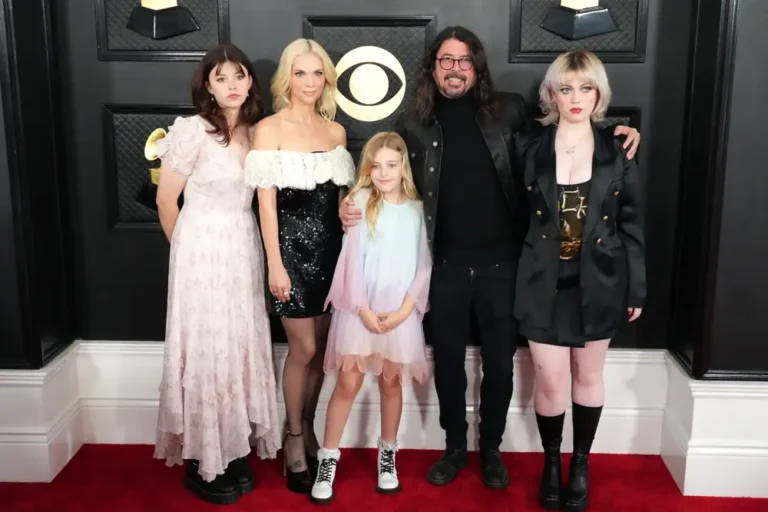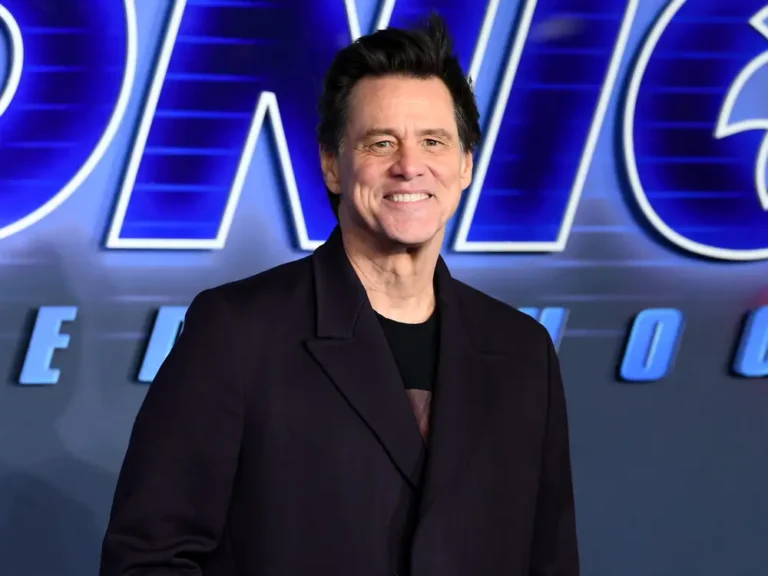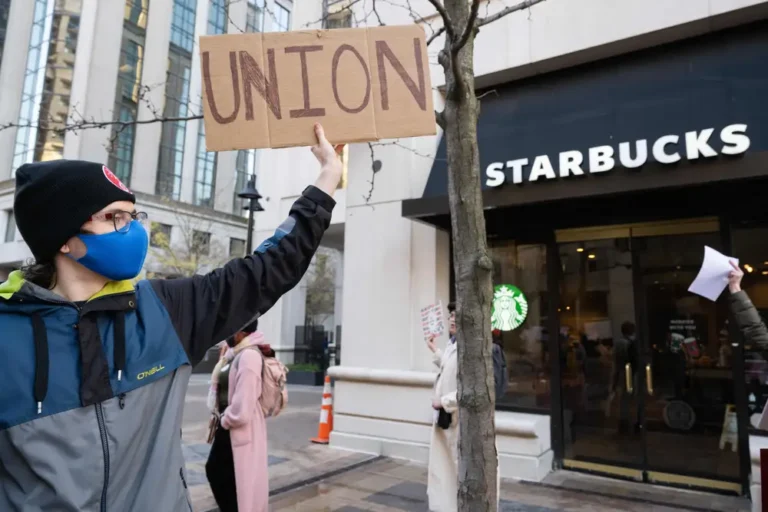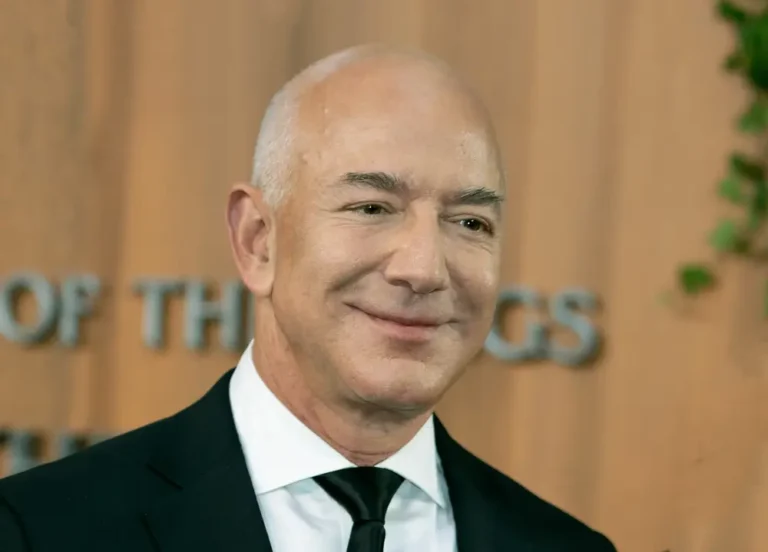How Disney created a PR nightmare with its response to a wrongful-death lawsuit

The terms and conditions for Disney+ are in the spotlight during a wrongful-death lawsuit.
Earlier this month, Disney walked itself into a PR nightmare.
Jeffrey J. Piccolo named the entertainment giant in a wrongful-death lawsuit in February after his wife, Kanokporn Tangsuan, died at a restaurant in Disney Springs in Florida. Piccolo is representing Tangsuan’s estate.
Tangsuan, a doctor from New York, experienced a “severe acute allergic reaction” in October 2023 after dining at Raglan Road Irish Pub and Restaurant.
Court documents said that Tangsuan had severe dairy and nut allergies, so her family decided to dine at that restaurant because they believed it would have “proper safeguards.” Piccolo and Tangsuan asked a restaurant employee on “numerous occasions” if the establishment served allergen-free options, which the employee confirmed.
Tangsuan was then transported to the hospital after collapsing in Planet Hollywood, according to the lawsuit. A medical examiner’s investigation determined that her cause of death resulted from “anaphylaxis due to elevated levels of dairy and nut in her system.”
Piccolo requested in excess of $50,000 in damages from Disney and the restaurant’s operator, Great Irish Pubs Florida, Inc.

A lawsuit said Kanokporn Tangsuan died in October 2023 after eating at Disney Springs.
Disney’s response
Disney’s motion to compel arbitration might have been to avoid a jury trial, which could have attracted more media attention. But its response had the opposite effect.
In May, Disney argued that Piccolo could not make his case before a a jury because he accepted a Subscriber Agreement when registering for a Disney+ free trial in 2019. Registering for an account includes agreeing to the Subscriber Agreement and Terms of Use, which include a “binding arbitration clause.”
Arbitration is when parties involved in a dispute have a neutral third party resolve the matter instead of a court jury.
“The Terms of Use, which were provided with the Subscriber Agreement, include a binding arbitration clause. The first page of the Subscriber Agreement states, in all capital letters, that ‘any dispute between You and Us, Except for Small Claims, is subject to a class action waiver and must be resolved by individual binding arbitration,'” court documents said.
Disney said Piccolo agreed to those terms again in September 2023 when he booked tickets to visit one of its theme parks.
Piccolo’s lawyers responded to Disney earlier this month by calling the argument “fatally flawed” and “preposterous.” Consumers thought so, too.
The surprising legal argument also captured the media’s attention, causing the story to go viral.
Disney backtracks
One X user called the Disney+ argument “very dystopian,” while others encouraged people to cancel their subscriptions in retaliation. One such X post was liked 93,000 times, while another gained 96,000 likes. Media outlets like The Associated Press published articles describing Disney’s argument as a cautionary tale for consumers who click “agree” without reading the fine print.
A Disney spokesperson soon attempted to quell the masses with a statement distancing the company from Raglan Road Irish Pub and Restaurant.
“We are deeply saddened by the family’s loss and understand their grief. Given that this restaurant is neither owned nor operated by Disney, we are merely defending ourselves against the plaintiff’s attorney’s attempt to include us in their lawsuit against the restaurant,” the statement said.

Representatives for Disney issued a statement about the wrongful-death lawsuit.
David Triana, director of media relations at Axia Public Relations, a top national PR agency, told B-17 that the Disney+ argument, in tandem with the arbitration request, was a misstep on the company’s part.
“I’m honestly surprised that this was even entertained by Disney,” Triana said. “We’re not talking about losing a little money on a park ticket or sharing a password for your Disney+ account. Somebody died.”
Triana said that although Disney might have been thinking from a legal perspective, it lost sight of the human perspective.
“You have to be very empathetic and cautious in a situation like this. Not only toward the people in the situation but also people who plan on going to Disney and will sign the same terms,” he said.
Triana said Disney’s argument could cause would-be park guests to rethink their decision.
“It might give people pause if they’re coming to the parks for the first time or if they are planning on signing up for Disney+,” he said. “They’ll say, ‘Okay, I’ve signed this. Does that now put me at a disadvantage?'”
Disney’s first statement didn’t curb the criticism from consumers online. So, less than a week later, Disney said in another statement that it would prioritize “humanity” and reverse course, waiving its right to arbitration.
“At Disney, we strive to put humanity above all other considerations. With such unique circumstances as the ones in this case, we believe this situation warrants a sensitive approach to expedite a resolution for the family who have experienced such a painful loss,” Josh D’Amaro, chairman of Disney Experiences, said. “As such, we’ve decided to waive our right to arbitration and have the matter proceed in court.”

Disney waived its right to arbitration following criticism online.
Disney likely wanted to avoid a jury trial
Natela Shenon, a business law attorney in California, told B-17 that Disney could have changed its legal strategy for two reasons.
Shenon pointed out that Disney neither owns nor operates Raglan Road Irish Pub and Restaurant, so its legal team might be banking on that detail.
Another reason could be that Disney hoped to avoid a jury trial, where sympathy for a multibillion-dollar corporation could be scarce. Shenon said it’s not uncommon for large companies to suggest arbitration rather than a jury trial.
“Look at it from Disney’s perspective. Let’s say that you’re on a jury and this case comes up in front of you,” Shenon said. “You’re like, ‘Okay, but this is Disney. They have all this money. Who cares?”
Shenon added, “A layperson might glaze over something like this and say, ‘Oh, Disney is a big company. They’re not being fair to the small guys.'”
Shenon told B-17 that arbitration is similar to litigation.
“People still get their day in court, so to speak. It moves faster, and it’s more efficient,” Shenon said.
When asked if Disney’s argument could hold up in a courtroom, Shenon said it depended.
“I think that an argument as far as Disney+ goes would probably be very far-fetched,” she said. “Buying tickets through the website would hold water.”
Legal proceedings for the lawsuit are still ongoing, but Triana said Disney has the opportunity to mend its public image now through transparency.
“Disney, in my opinion, would need to show in good faith that they’ve learned from the situation by either removing the arbitration clause or modifying the arbitration clause,” he said.
A representative for Disney said it has no additional comments at this time.






